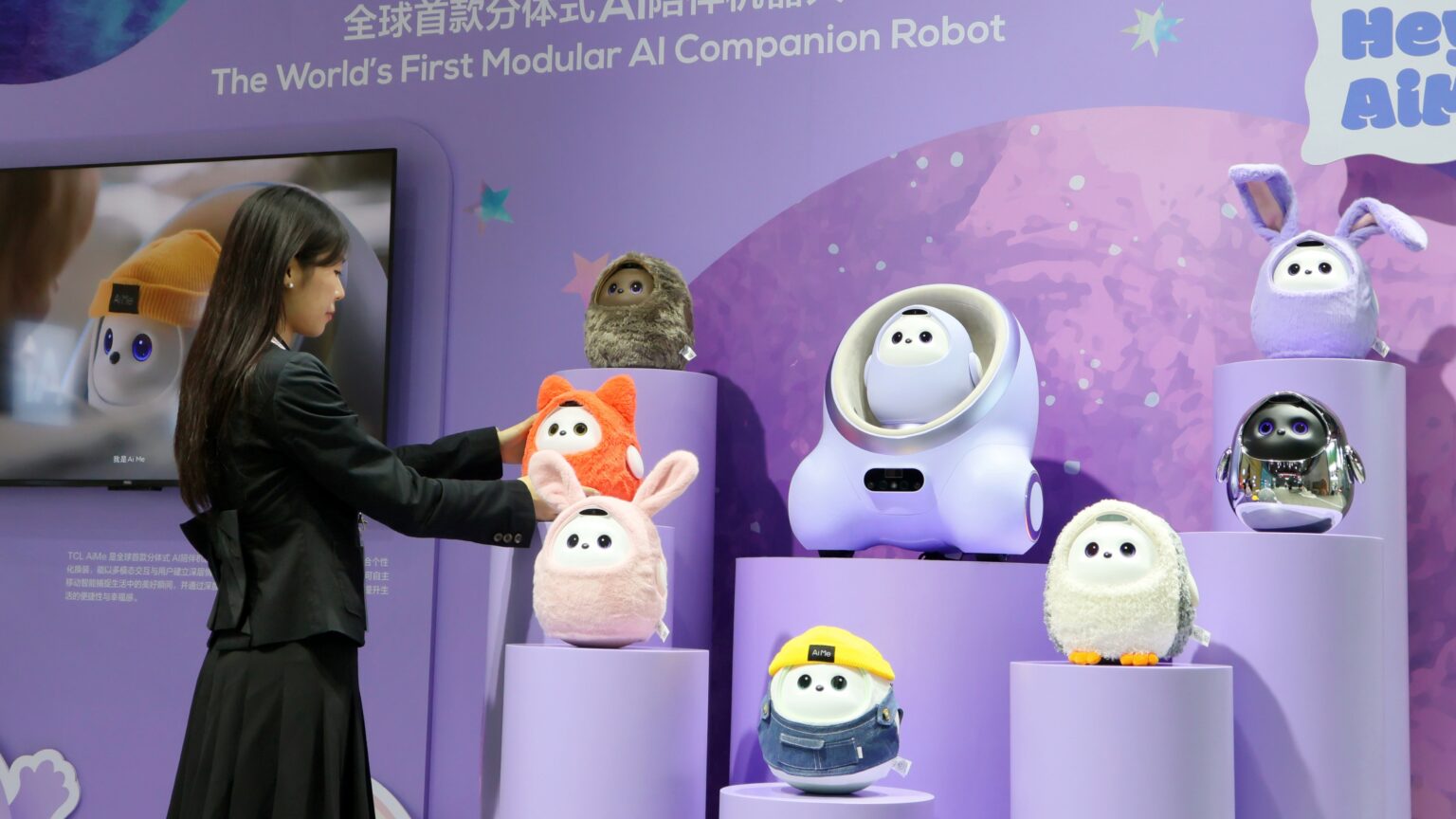Imagine an 81-year-old returning home to an empty apartment. On the shelves are photos of grandchildren, and beside the bed are bottles of medication for joint pain. Her constant companion, however, is a lifelike doll lying on the bed, quietly providing comfort in her solitary life.
She gazes into the doll’s round eyes and says softly, “My love for you stretches to the moon and back.” The doll responds: “Grandma, even when you’re with me, I miss you.”
This isn’t a scene from a sci-fi film or an AI-generated story—it’s a real-life example from Seoul, South Korea.
Hyodol Dolls: AI-Powered Companionship
The dolls, created by South Korean startup Hyodol, are equipped with GPT-based AI, allowing them to chat with seniors, remind them to take medication or eat, and monitor health through embedded sensors. The system can report seniors’ wellbeing to family members or social workers, offering 24/7 one-on-one companionship when human caregivers are limited.
To date, over 12,000 Hyodol robots have been placed in the homes of South Korean seniors, often distributed through government partnerships.
According to Grand View Research, the global smart companionship market reached $28.19 billion in 2024, and is expected to grow at a 30.8% compound annual growth rate, reaching $140.75 billion by 2030.
Aging in Europe
Global populations over 60 now outnumber children under five, and Europe faces similar demographic shifts. According to Eurostat, in 2024, over 20% of the EU population was aged 65 and above, with projections approaching 30% by 2050.
Countries like Italy, Germany, and Spain have even higher proportions of elderly residents, and the number of seniors living alone is rising. Limited social services and family care resources make emotional companionship a pressing concern.
The Survey of Health, Ageing and Retirement in Europe (SHARE) reports that approximately one in four European seniors experiences loneliness or social isolation, a major risk factor for mental health in later life.
Limitations of Current AI Companion Devices
Most AI companion devices in Europe, such as home robots, smart speakers, or tablets, focus on safety and information delivery rather than real-time emotional interaction. One-way communication and repetitive responses make genuine one-on-one companionship difficult to achieve.
Even on social media, users often express the desire for simple, interactive AI companions for seniors, but suitable products remain scarce.
Global Innovations: From Dolls to Robots
Beyond Hyodol, the global market is experimenting with AI companions:
-
ElliQ (Israel, Intuition Robotics) resembles a desk lamp and provides proactive emotional support, medication reminders, and mindfulness exercises. Powered by GPT and long-term memory, it can engage in deep conversations, track life moments, and share them with family.
-
LOVOT (Japan, Groove X) is a plush robot that responds to touch, sound, and calls, conveying emotion to alleviate loneliness. Each unit costs roughly ¥29,800 plus a subscription fee of ¥880/month.
-
Other European and Chinese startups are developing plush or figurine-style AI companions, aiming to deliver emotional interaction alongside health reminders.
Even companies targeting children have experimented with elderly applications, such as creating chatbots or memory-assistance AI for nursing homes, though most remain in experimental stages.
Technical and Commercial Challenges
Older adults demand patience and natural interaction from AI companions, far more than children. Studies show seniors often stop using AI within 2–3 weeks if the experience is unsatisfactory. Dialects, complex emotional needs, and existential anxieties increase design challenges.
Ethical and legal risks persist: responsibility for incorrect health advice remains unclear. Privacy concerns are significant—Hyodol dolls collect sensitive health and lifestyle data, posing potential risks. Over-reliance on AI may also reduce real-world social interaction.
Market Potential and Future Directions
Despite these challenges, investment continues to flow. LOOI is developing a robot that transforms a smartphone into a personalized intelligent companion; X-Origin AI recently secured hundreds of millions RMB to create life-like robots.
Although most products are not yet directly aimed at seniors, technological advances and product experimentation could eventually provide meaningful emotional support to lonely older adults.
Core Principle: Technology Should Not Replace Humans
True companion technology must focus on emotional needs, ensuring seniors feel seen, respected, and socially connected through interactive and supportive AI.
